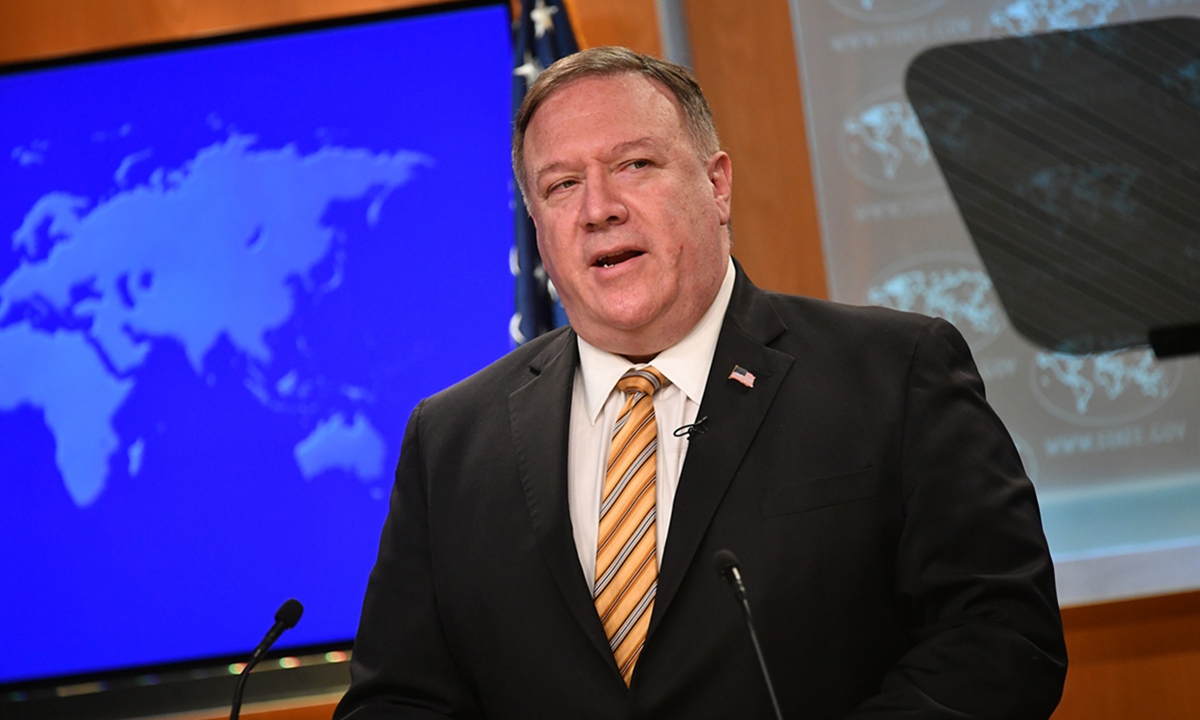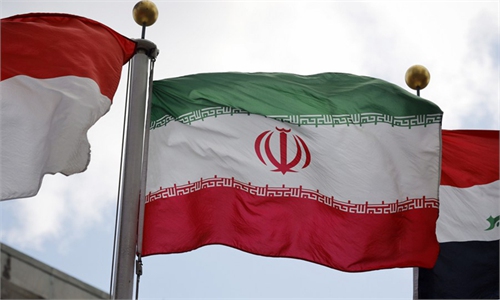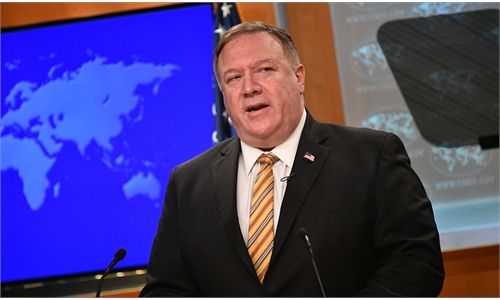US unilaterally sanctions Iran
Washington’s risky move could inflame regional tensions

US Secretary of State Mike Pompeo File photo: AFP
The US unilaterally proclaimed on Saturday that UN sanctions against Iran are back in force and promised to punish those who violate them, in a move that risks increasing Washington's isolation but also international tensions."Today, the United States welcomes the return of virtually all previously terminated UN sanctions on the Islamic Republic of Iran," US Secretary of State Mike Pompeo said in a statement.
According to him, the measures were "back in effect" from 8 pm Washington time.
The government of US President Donald Trump also promised to "impose consequences" on any UN member state which does not comply with the sanctions, even though it is one of the only countries in the world which believes they are in force.
The threat is formidable: Those deemed to be in defiance by Washington will be denied access to the US financial system and markets.
"If UN member states fail to fulfill their obligations to implement these sanctions, the United States is prepared to use our domestic authorities to impose consequences for those failures and ensure that Iran does not reap the benefits of UN-prohibited activity," Pompeo stated.
He promised that measures would be announced in coming days against "violators."
With 45 days to go until the November 3 election, Trump could unveil those measures during his speech at the UN General Assembly on Tuesday.
However, Washington is almost alone on the issue: All the other great powers - China, Russia and also the US' own European allies - have challenged the claim.
"Any decision or action taken with a view to reinstalling [the sanctions] would be incapable of legal effect," France, Britain and Germany said in a joint letter sent Friday to the Security Council and of which AFP has obtained a copy.
The Americans themselves realize the statement is a "false claim," Iranian Foreign Minister Javad Zarif said Saturday.
How did the UN arrive at this spectacular stand-off between the leading superpower and the rest of the planet? To answer that, one has to go back at least one month.
In mid-August, Trump's administration suffered a resounding defeat at the UN Security Council when it tried to extend the embargo on conventional weapons being sent to Tehran, which was due to expire in October.
AFP



